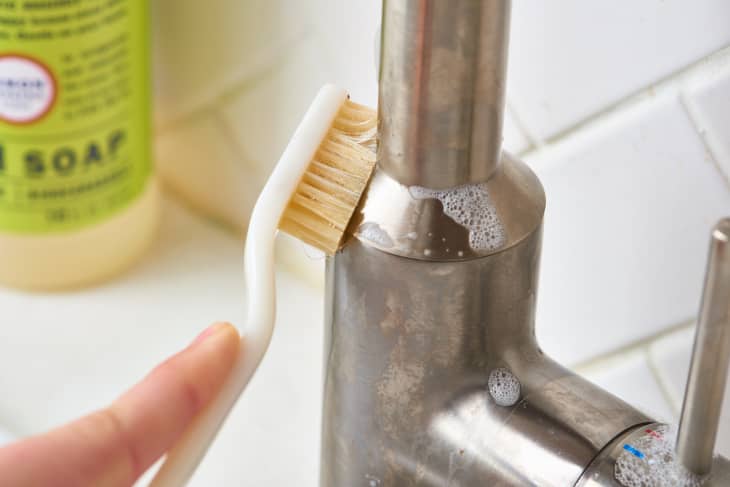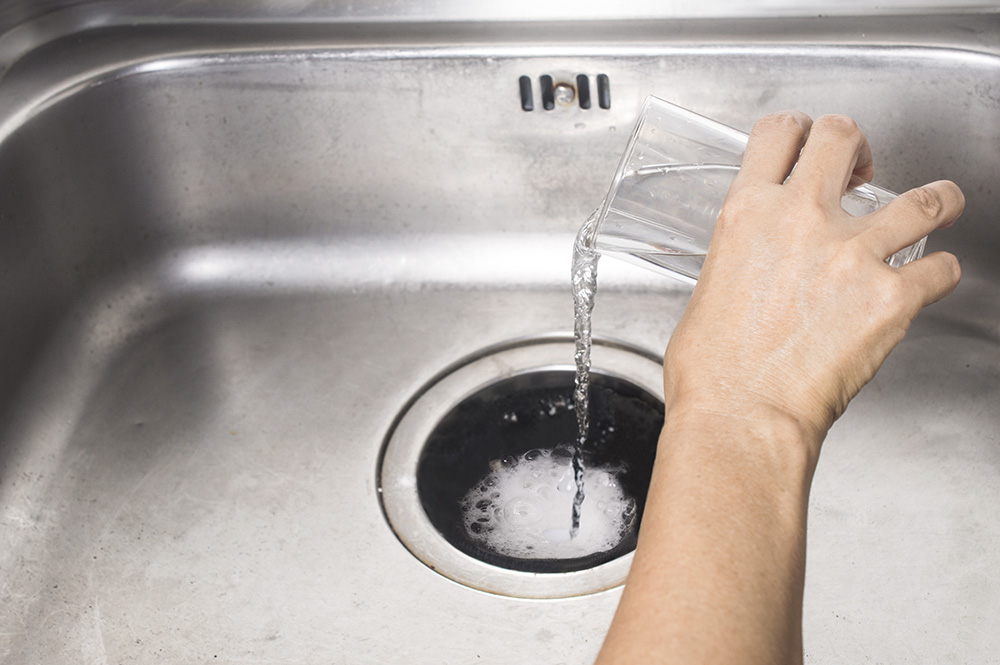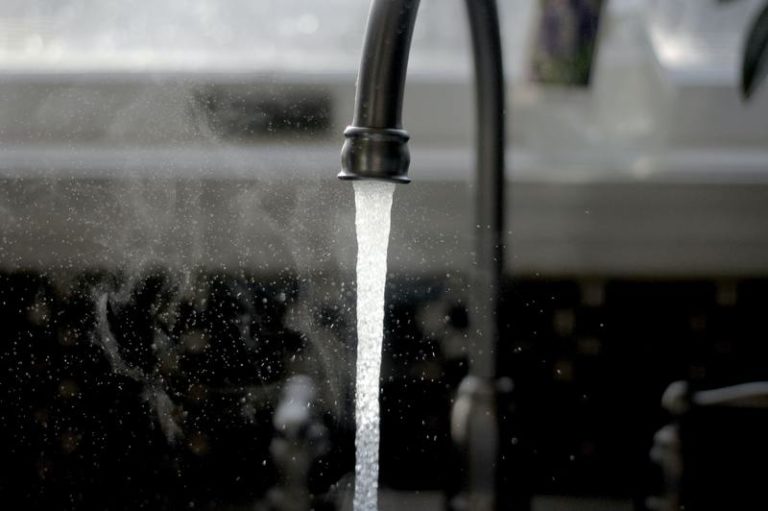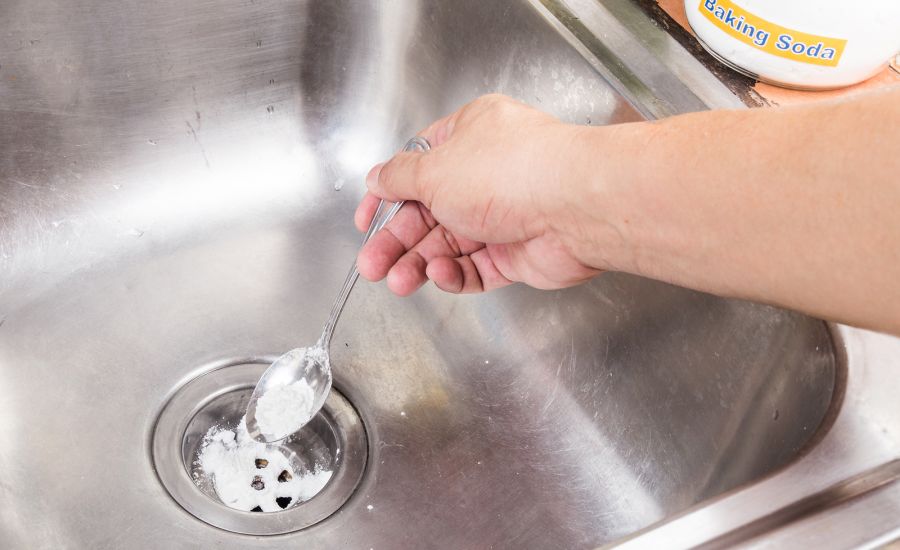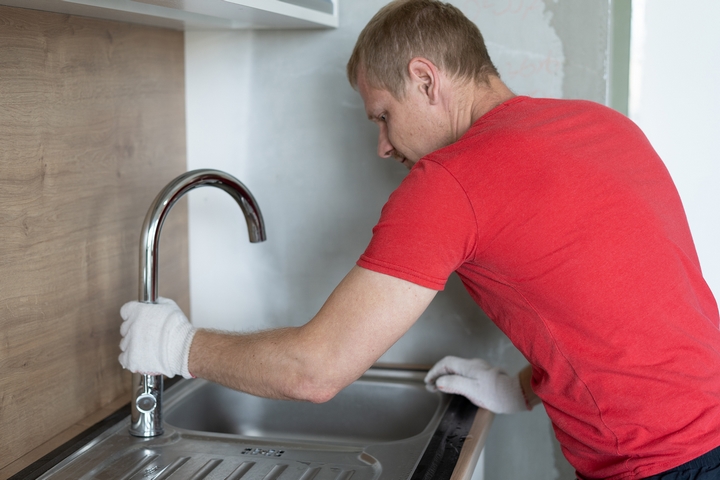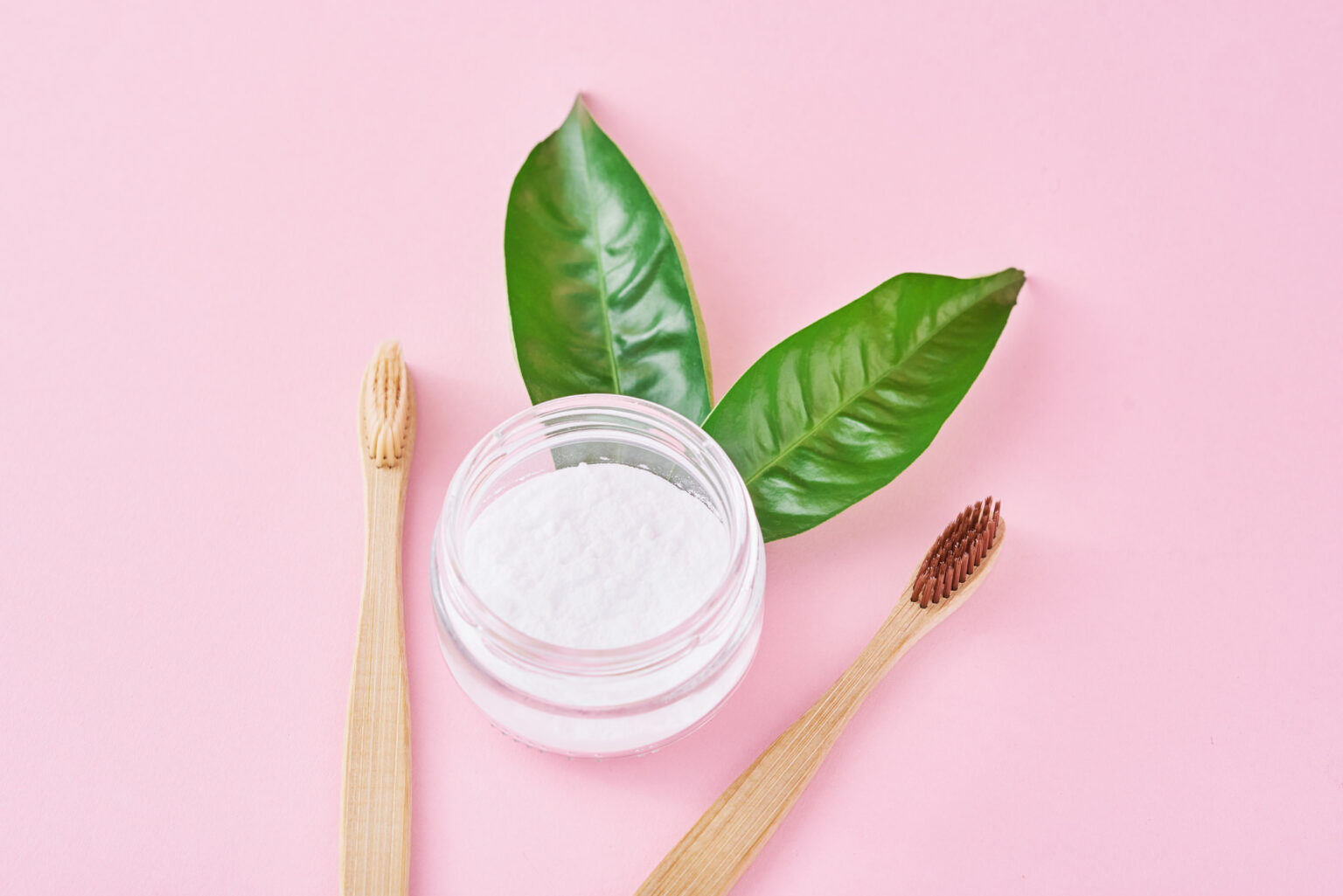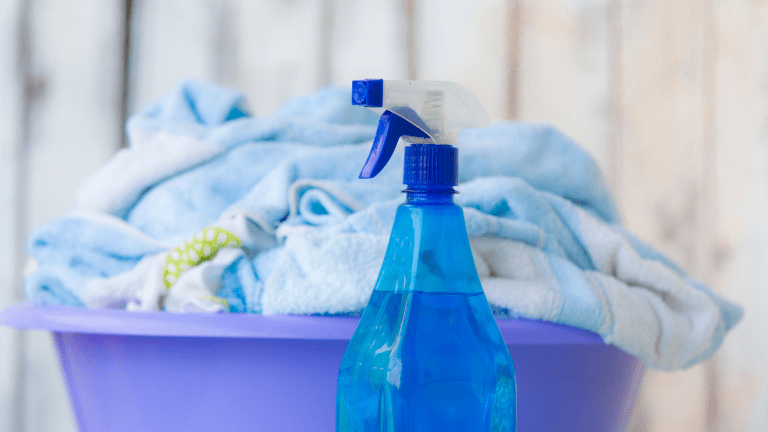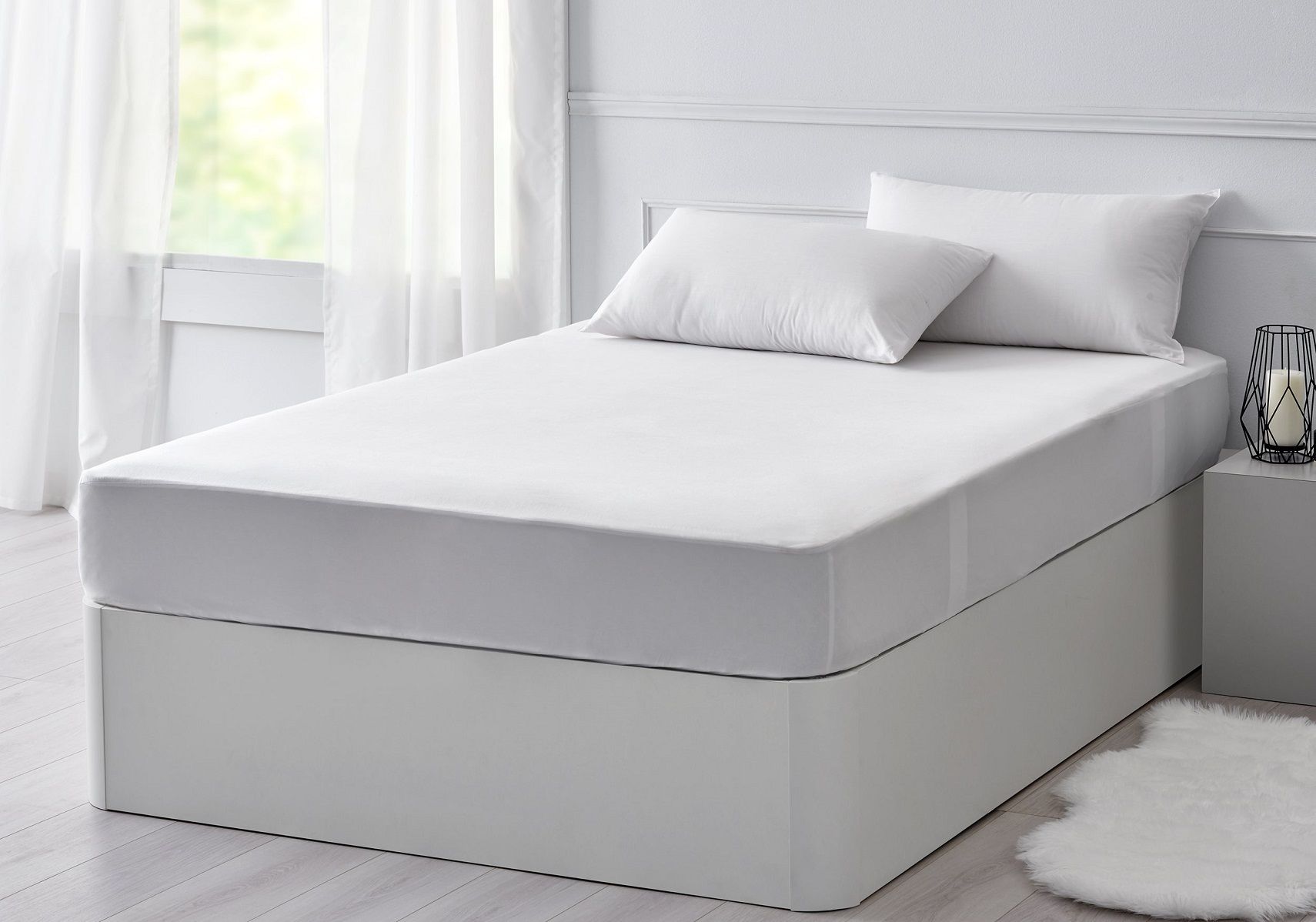If you’ve noticed a musty smell coming from under your kitchen sink, you’re not alone. This is a common problem that many homeowners face, and it can be caused by a variety of factors. One of the most common causes of a smelly kitchen sink is the buildup of bacteria and mold. When moisture and food particles are left to sit in the dark, damp environment under your sink, it creates the perfect breeding ground for these unpleasant smells. Another potential cause is a clogged or dirty drain. When debris and food particles get stuck in your drain, they can start to decompose and produce foul odors. Additionally, leaks in your plumbing can also contribute to a musty smell under the sink. If water is leaking and not properly draining, it can create a stagnant pool that can lead to mold and mildew growth. Be sure to regularly clean your sink and drain to prevent these issues from occurring. If the smell persists, it may be a sign of a larger problem that requires professional attention.1. Causes of a Smelly Kitchen Sink
So, you’ve identified the source of the musty smell – now it’s time to get rid of it. The first step is to thoroughly clean and disinfect the area under your sink. Use a mixture of hot water and borax or white vinegar to scrub the surfaces and eliminate any bacteria or mold. You can also sprinkle some baking soda under the sink to absorb any lingering odors. Let it sit for a few hours before vacuuming it up. You can also leave a bowl of baking soda under the sink to continue absorbing odors over time. If the smell is coming from a dirty drain, you can try using a natural drain cleaner made from baking soda, vinegar, and hot water. This can help break up any clogs and eliminate any bacteria causing the smell.2. How to Get Rid of a Musty Smell Under the Kitchen Sink
Mildew smells in the kitchen can be tough to get rid of, but there are some simple tips you can follow to tackle the issue. First, make sure to keep your kitchen well-ventilated by opening windows or using a fan while cooking. This will help prevent moisture from accumulating and creating a breeding ground for mildew. Regularly cleaning your kitchen and appliances, such as your sink and dishwasher, can also help prevent mildew smells. And don’t forget to check under the sink for any leaks or standing water that could be contributing to the problem. If you’re dealing with stubborn mildew smells, you can also try using a commercial mold and mildew remover, following the instructions carefully. Just be sure to wear protective gear and keep the area well-ventilated while using these products.3. Tips for Eliminating Mildew Smells in the Kitchen
As mentioned before, a musty smell under the sink can be caused by a variety of factors, including bacteria and mold growth, clogged drains, and leaks. But there are a few other potential culprits to be aware of as well. One common cause is a garbage disposal that isn’t being used or cleaned regularly. The food particles that get stuck in the disposal can start to decompose and produce a foul odor. Be sure to run your disposal regularly and clean it with lemon or orange peels to keep it smelling fresh. Another possible cause is a damaged or old sink pipe. Over time, these pipes can start to deteriorate and create a musty smell. If you suspect this is the issue, it’s best to call a professional plumber to inspect and replace any damaged pipes.4. Common Causes of a Musty Smell Under the Sink
To keep your kitchen smelling fresh and clean, it’s important to regularly clean and deodorize the area under your sink. Start by removing any items from under the sink and wiping down the surfaces with a mixture of hot water and lemon juice. This will help disinfect and eliminate any bacteria or mold. If there are any lingering odors, you can use a natural deodorizer such as white vinegar or essential oils. Simply dilute the vinegar with water and spray it under the sink, or place a few drops of essential oils on a cotton ball and tuck it in a corner under the sink. Remember to also regularly clean your sink and drain to prevent any buildup of bacteria and food particles.5. How to Clean and Deodorize Under the Kitchen Sink
If you prefer to use natural remedies to get rid of mildew smells in your kitchen, there are several options you can try. As mentioned before, baking soda and white vinegar can be effective in absorbing odors and killing bacteria and mold. You can also try using tea tree oil or grapefruit seed extract, which have natural anti-fungal properties. Mix a few drops with water and spray it under the sink, or add a few drops to your cleaning solution for added disinfecting power. Another natural option is to use activated charcoal. This can help absorb any odors and moisture under the sink. Just be sure to replace the charcoal every few months for the best results.6. Natural Remedies for Getting Rid of Mildew Smells in the Kitchen
The best way to deal with a musty smell under your kitchen sink is to prevent it from happening in the first place. This means regularly cleaning and disinfecting the area, keeping your kitchen well-ventilated, and fixing any leaks or plumbing issues. You can also try using a dehumidifier under the sink to help prevent moisture buildup. And don’t forget to regularly clean and maintain your garbage disposal to prevent any food particles from decomposing and producing odors.7. Preventing Mildew Smells Under the Kitchen Sink
If you suspect a leak under your kitchen sink is causing the musty smell, it’s important to identify and fix it as soon as possible. First, check for any visible signs of moisture or water damage under the sink. You may also notice a musty smell or even mold growth. If you can’t identify the source of the leak, it’s best to call a professional plumber to inspect and fix the issue. Ignoring a leak can lead to more serious and costly problems down the line, so it’s best to address it as soon as possible.8. How to Identify and Fix Leaks Under the Kitchen Sink
Baking soda is a versatile and effective ingredient for getting rid of musty smells under the kitchen sink. Not only does it absorb odors, but it also has mild abrasive properties that can help remove any buildup or grime. To use baking soda, simply sprinkle it under the sink and let it sit for a few hours before vacuuming it up. You can also mix it with water to create a paste and use it to scrub the surfaces under the sink. For added deodorizing power, you can also add a few drops of essential oils to the baking soda before sprinkling it under the sink.9. Using Baking Soda to Eliminate Musty Smells Under the Sink
If you’ve tried everything and still can’t seem to get rid of the musty smell under your kitchen sink, it may be time to call in the professionals. A plumber can help identify and fix any leaks or plumbing issues that may be causing the smell. If the issue is with your garbage disposal, a professional cleaning or replacement may be necessary. And for stubborn mold and mildew growth, a professional mold remediation service may be needed to fully eliminate the problem. In conclusion, a musty smell under the kitchen sink can be caused by a variety of factors, but with regular cleaning and maintenance, it can be prevented and eliminated. Use these tips and remedies to keep your kitchen smelling fresh and clean. 10. Professional Tips for Removing Mildew Smells in the Kitchen
The Cause of a Mildew Smell Under Your Kitchen Sink
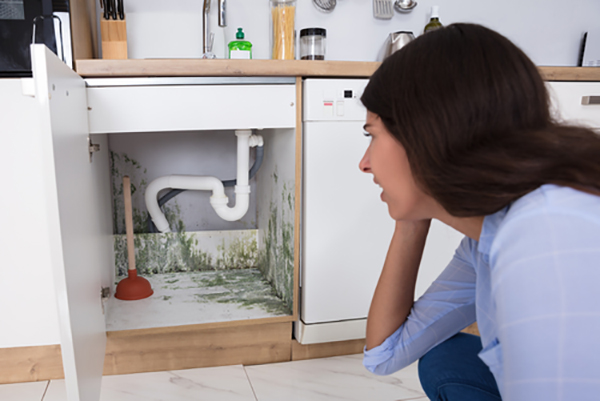
Understanding the Culprit Behind the Unpleasant Smell
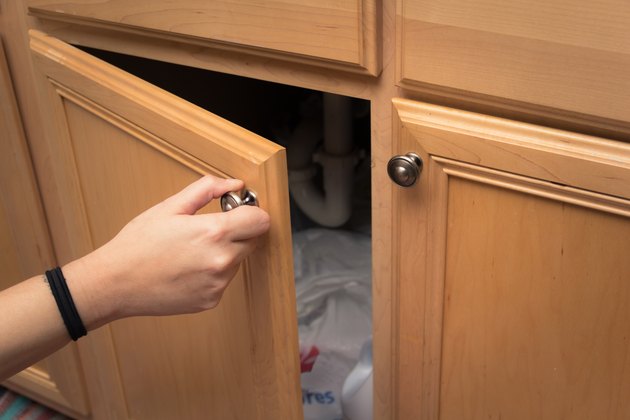 One of the most common and frustrating problems in any home is a foul smell emanating from under the kitchen sink. This area is prone to collecting moisture and can easily become a breeding ground for mildew and mold. The unpleasant smell that accompanies these growths can be overwhelming and difficult to get rid of. But before we dive into how to eliminate the smell, it's important to understand the cause of the issue.
One of the most common and frustrating problems in any home is a foul smell emanating from under the kitchen sink. This area is prone to collecting moisture and can easily become a breeding ground for mildew and mold. The unpleasant smell that accompanies these growths can be overwhelming and difficult to get rid of. But before we dive into how to eliminate the smell, it's important to understand the cause of the issue.
The Role of Moisture in Creating a Suitable Environment for Mildew Growth
 Mildew is a type of fungus that thrives in damp and humid environments. Unfortunately, the area under the kitchen sink provides the perfect conditions for mildew to grow. Every time you use your sink, water can drip down into the cabinet below, creating a moist environment. If this moisture is not properly dried out, it can lead to mold and mildew growth, which can result in that musty smell. This can also happen if there is a leak in the plumbing that goes unnoticed and causes a buildup of water under the sink.
Mildew is a type of fungus that thrives in damp and humid environments. Unfortunately, the area under the kitchen sink provides the perfect conditions for mildew to grow. Every time you use your sink, water can drip down into the cabinet below, creating a moist environment. If this moisture is not properly dried out, it can lead to mold and mildew growth, which can result in that musty smell. This can also happen if there is a leak in the plumbing that goes unnoticed and causes a buildup of water under the sink.
Other Possible Causes of the Mildew Smell
 Aside from moisture, there are other possible reasons why your kitchen sink may smell like mildew. One common cause is food particles or debris that have fallen into the drain and have started to rot. This can happen if the sink is not properly cleaned or if a garbage disposal is not functioning properly. Another factor could be a lack of ventilation in the cabinet, which can trap moisture and lead to mold growth.
Aside from moisture, there are other possible reasons why your kitchen sink may smell like mildew. One common cause is food particles or debris that have fallen into the drain and have started to rot. This can happen if the sink is not properly cleaned or if a garbage disposal is not functioning properly. Another factor could be a lack of ventilation in the cabinet, which can trap moisture and lead to mold growth.
Preventing and Eliminating the Mildew Smell

Proper Cleaning and Maintenance
 The first step in getting rid of the mildew smell under your kitchen sink is to thoroughly clean the area. Use a mixture of equal parts water and vinegar to wipe down the inside of the cabinet and the pipes. Be sure to remove any visible mold or mildew, and use a toothbrush or small brush to scrub away any stubborn spots. Once the area is clean, use a towel to dry it completely. It's important to regularly clean and maintain your kitchen sink to prevent any future mildew growth.
The first step in getting rid of the mildew smell under your kitchen sink is to thoroughly clean the area. Use a mixture of equal parts water and vinegar to wipe down the inside of the cabinet and the pipes. Be sure to remove any visible mold or mildew, and use a toothbrush or small brush to scrub away any stubborn spots. Once the area is clean, use a towel to dry it completely. It's important to regularly clean and maintain your kitchen sink to prevent any future mildew growth.
Increasing Ventilation
:max_bytes(150000):strip_icc()/why-does-my-kitchen-sink-smell-like-sewage-4707719_01-2030e27351fe4c6c9e1d94145dbbe30a.jpg) As mentioned earlier, lack of ventilation can contribute to the growth of mildew. To combat this, make sure there is proper air flow in the cabinet under your kitchen sink. You can do this by installing a small fan or leaving the cabinet doors open to allow air to circulate. This will help prevent moisture from building up and creating an environment for mildew to grow.
As mentioned earlier, lack of ventilation can contribute to the growth of mildew. To combat this, make sure there is proper air flow in the cabinet under your kitchen sink. You can do this by installing a small fan or leaving the cabinet doors open to allow air to circulate. This will help prevent moisture from building up and creating an environment for mildew to grow.
Repairing Leaks and Properly Sealing the Sink
 If you suspect that a leak in your plumbing is causing the mildew smell, it's important to get it fixed as soon as possible. Not only can a leak lead to mold growth, but it can also cause damage to your home. You can also prevent leaks by properly sealing your sink and ensuring that all connections are secure.
If you suspect that a leak in your plumbing is causing the mildew smell, it's important to get it fixed as soon as possible. Not only can a leak lead to mold growth, but it can also cause damage to your home. You can also prevent leaks by properly sealing your sink and ensuring that all connections are secure.




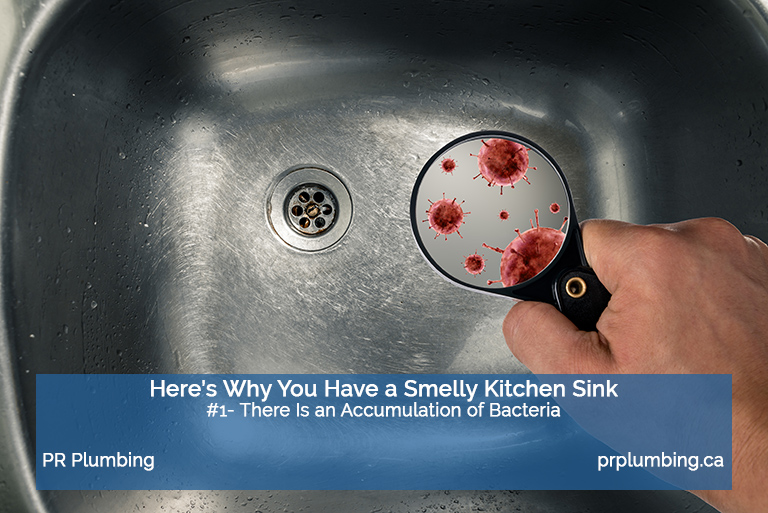

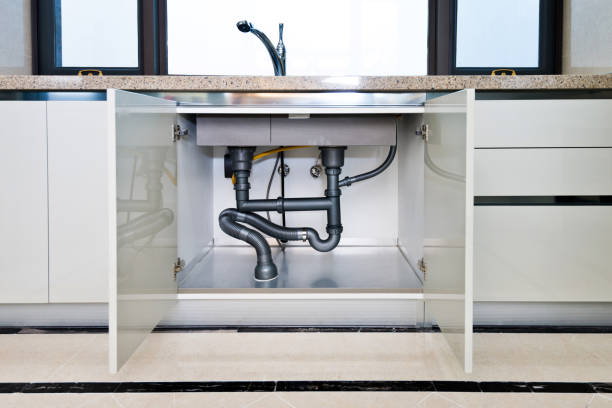
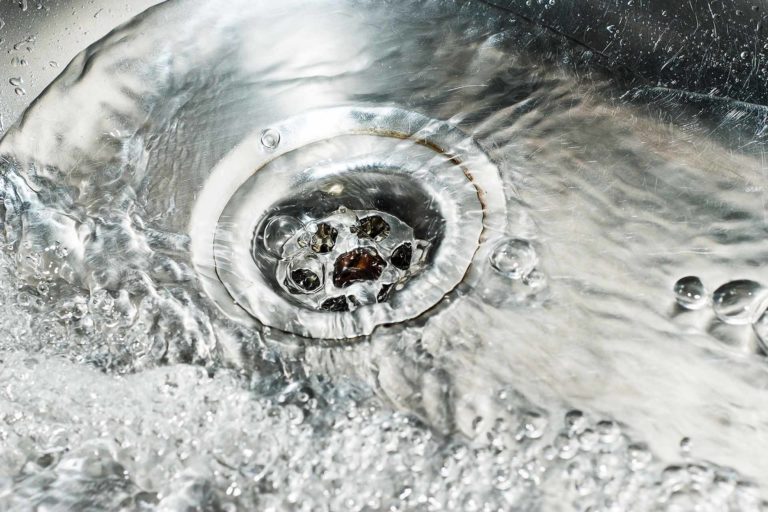



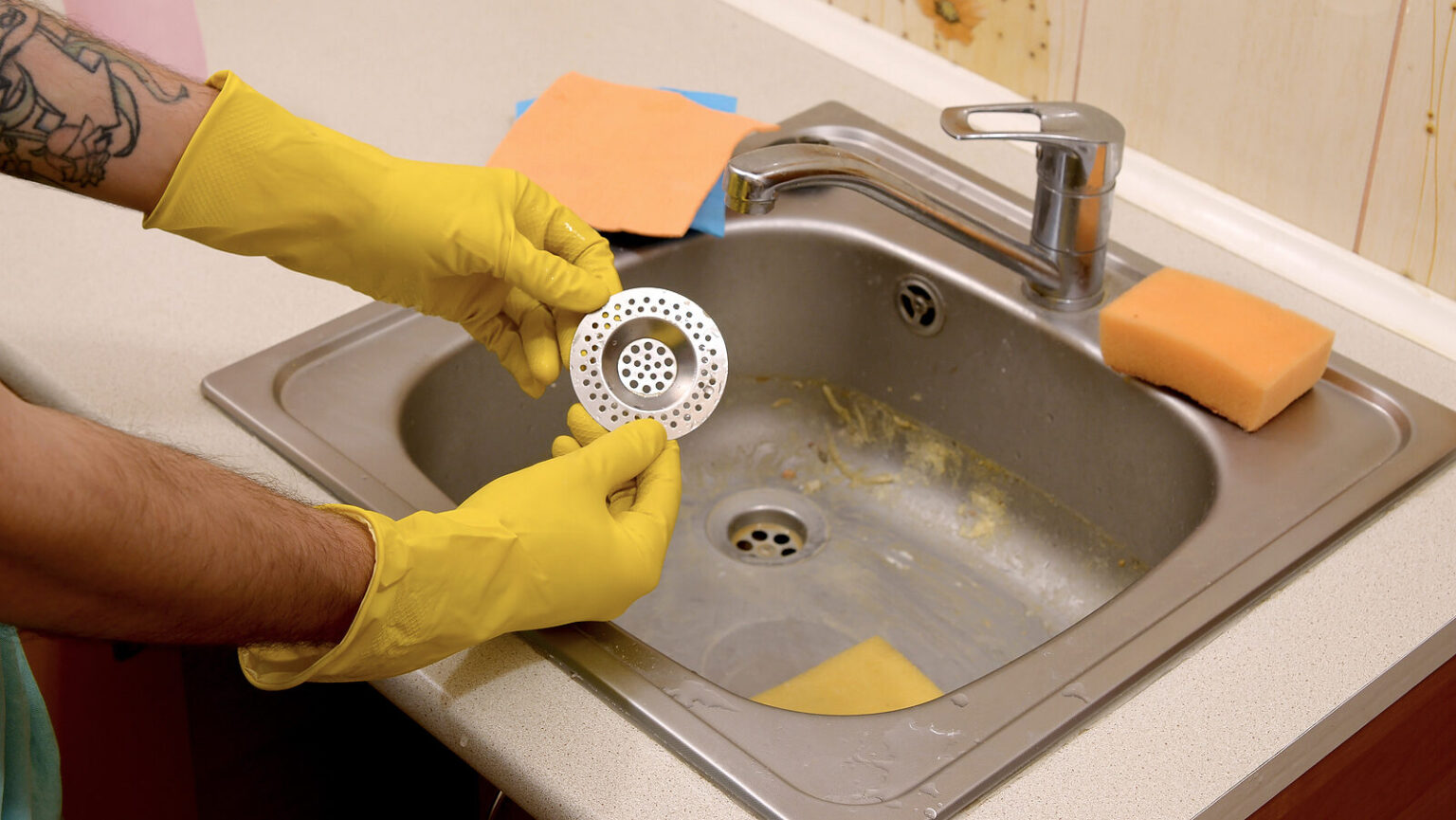




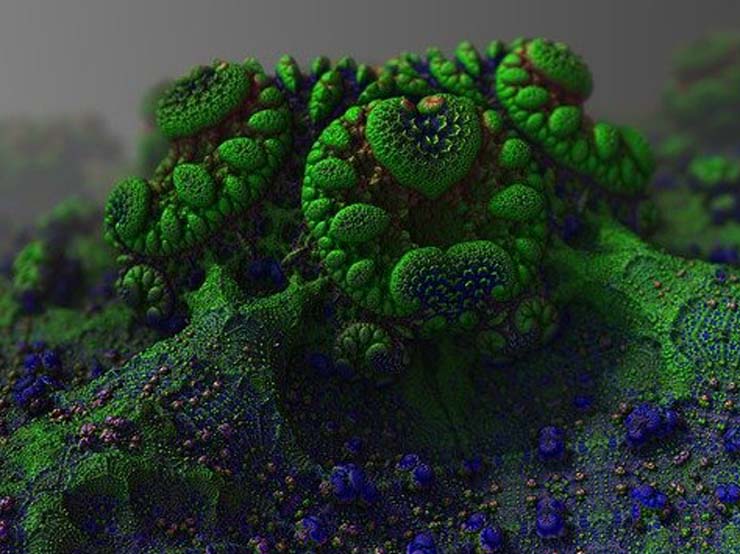
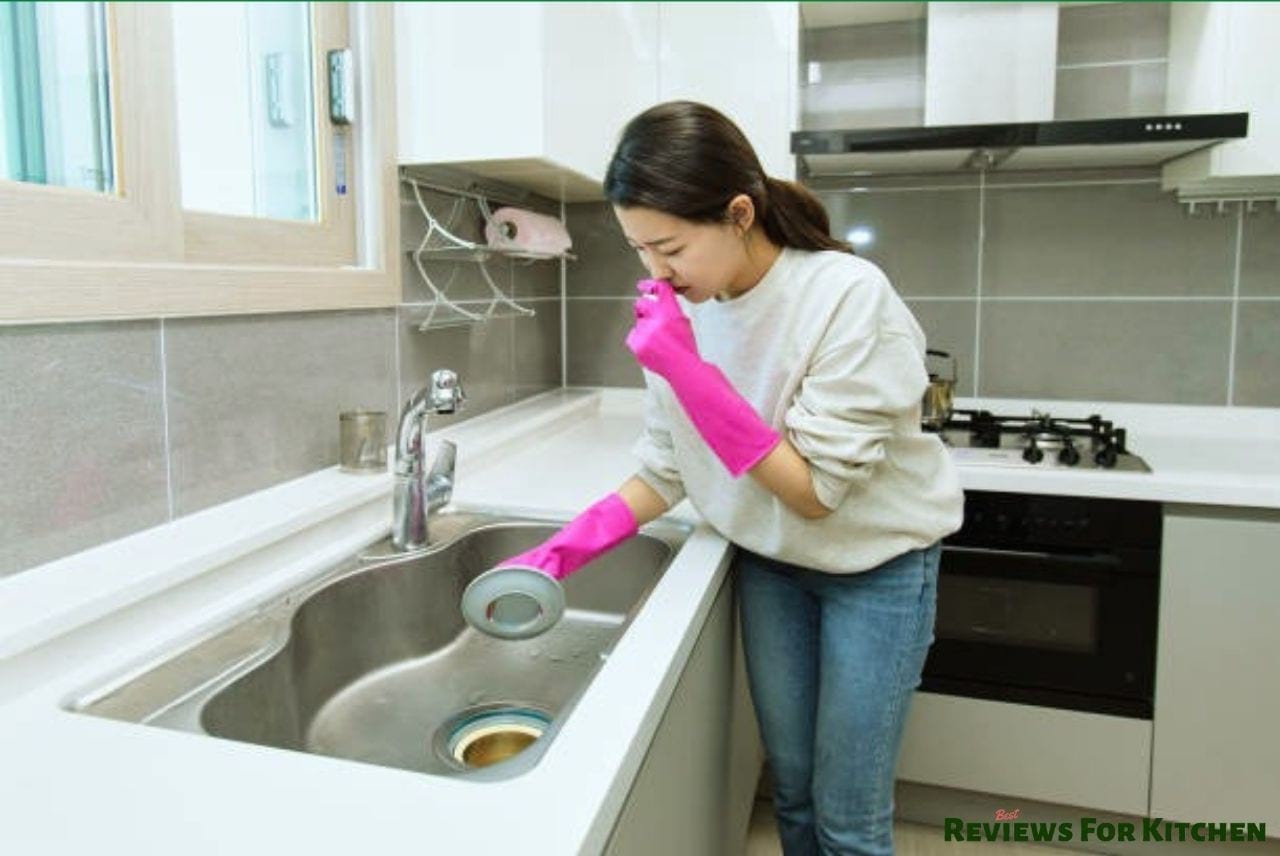

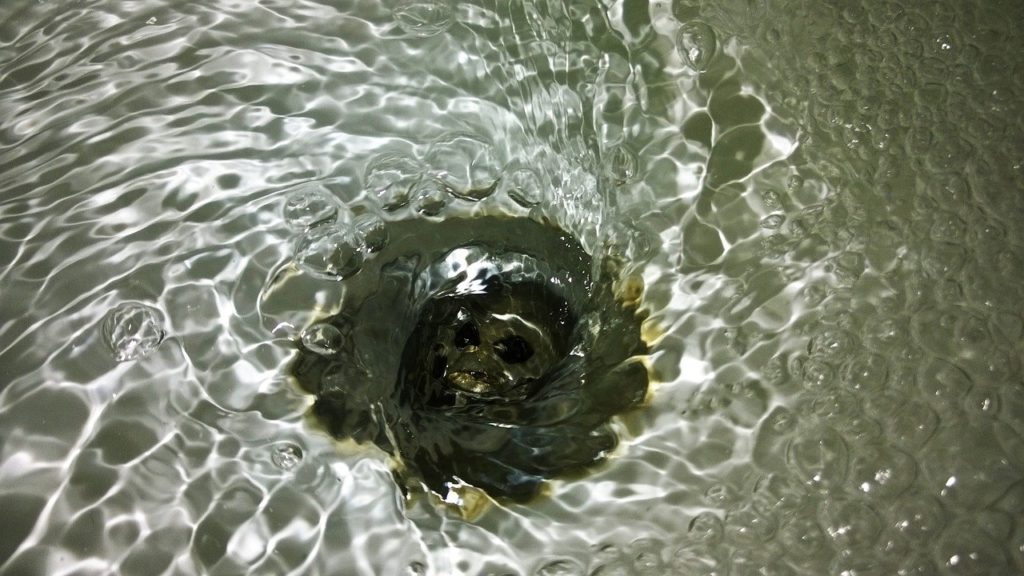




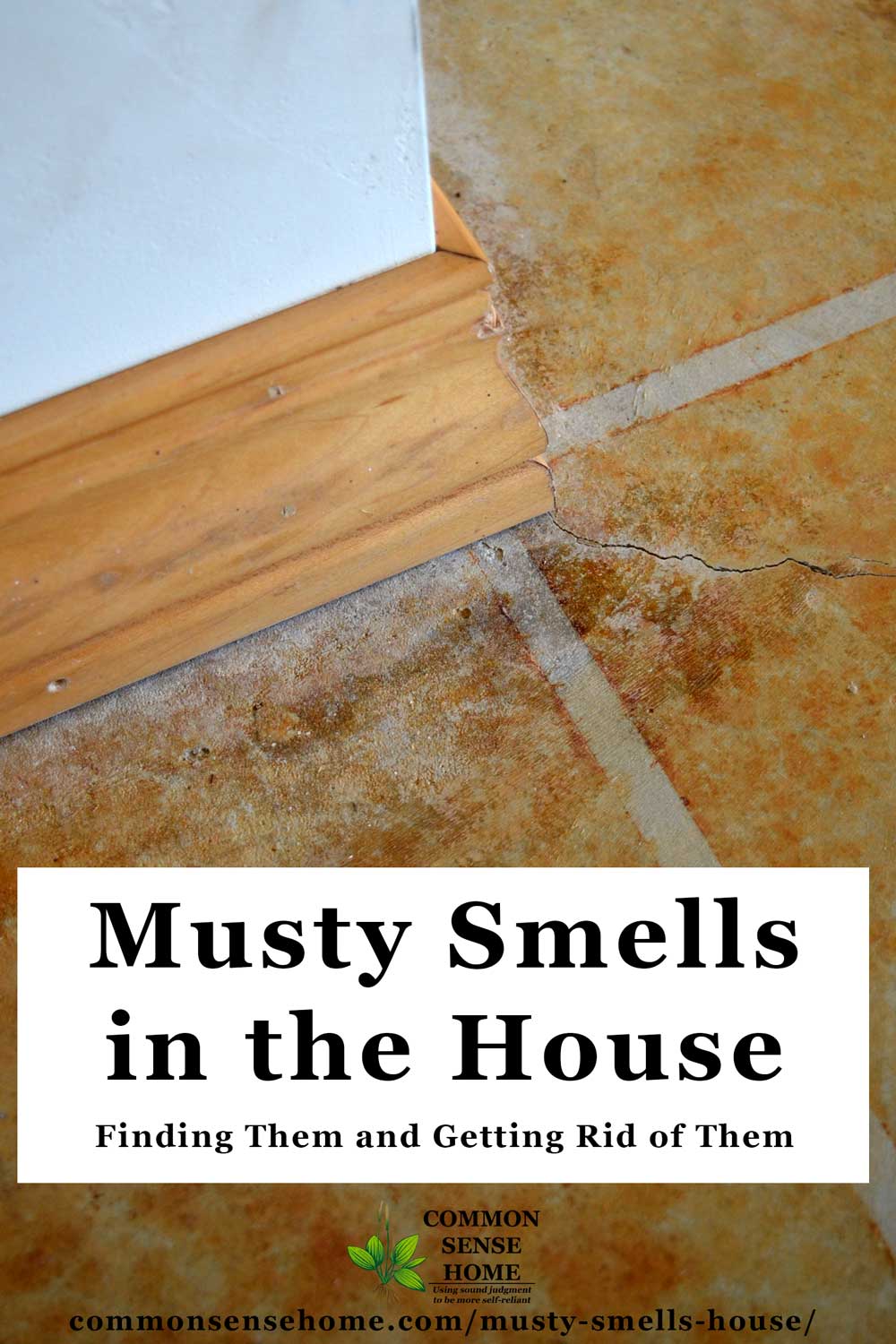
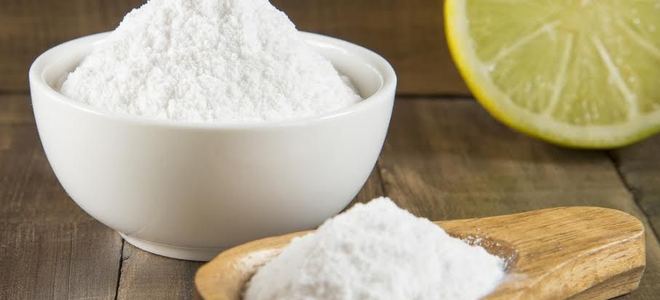
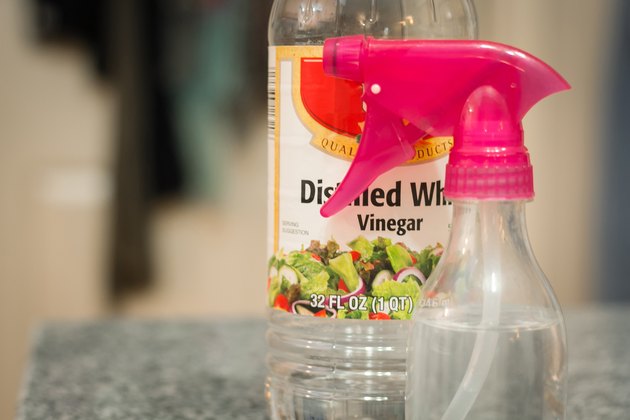
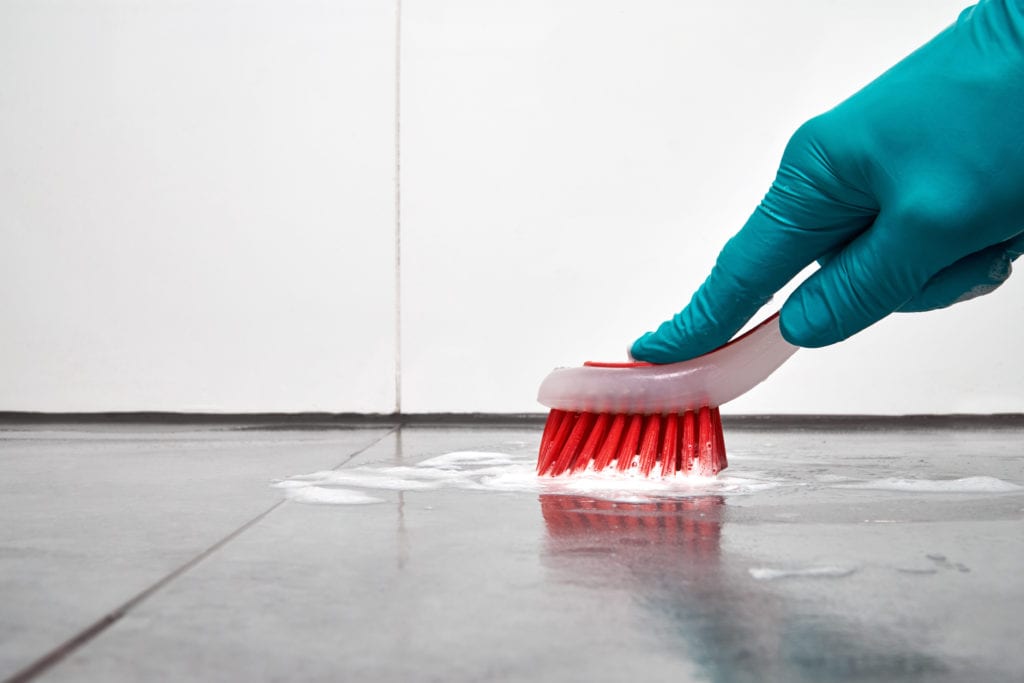
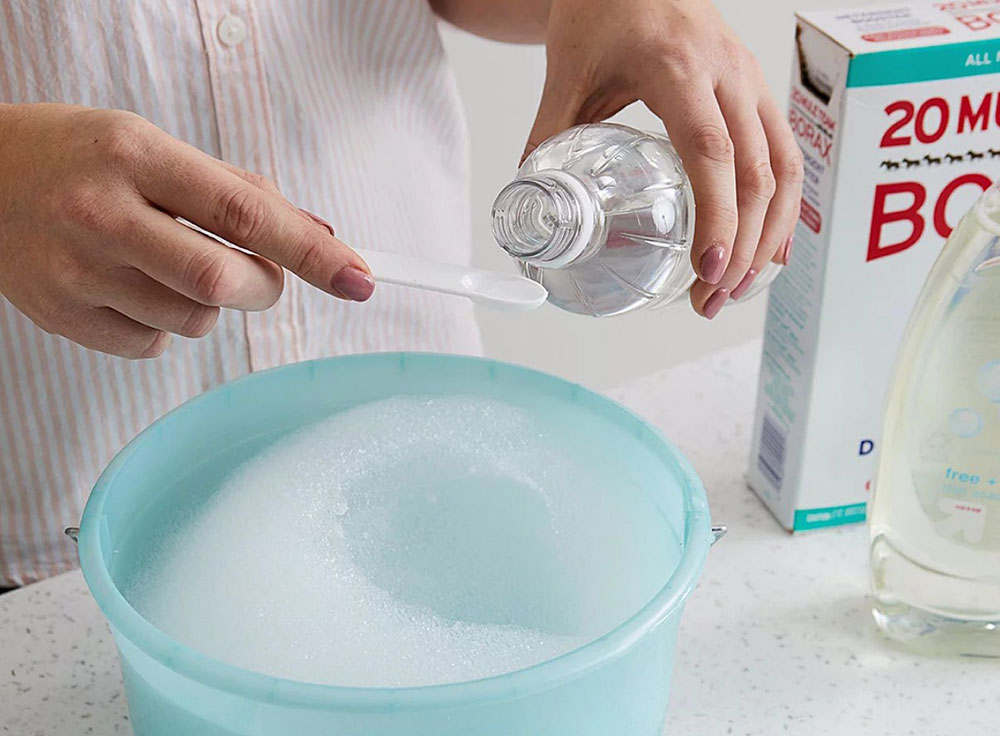
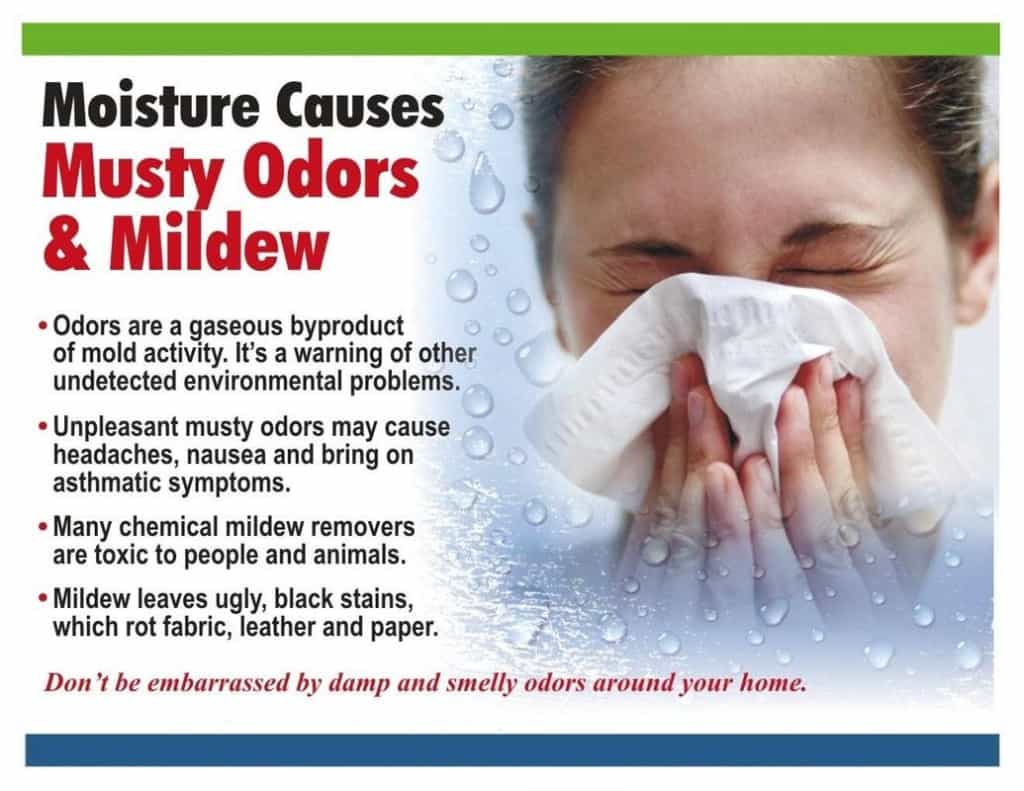






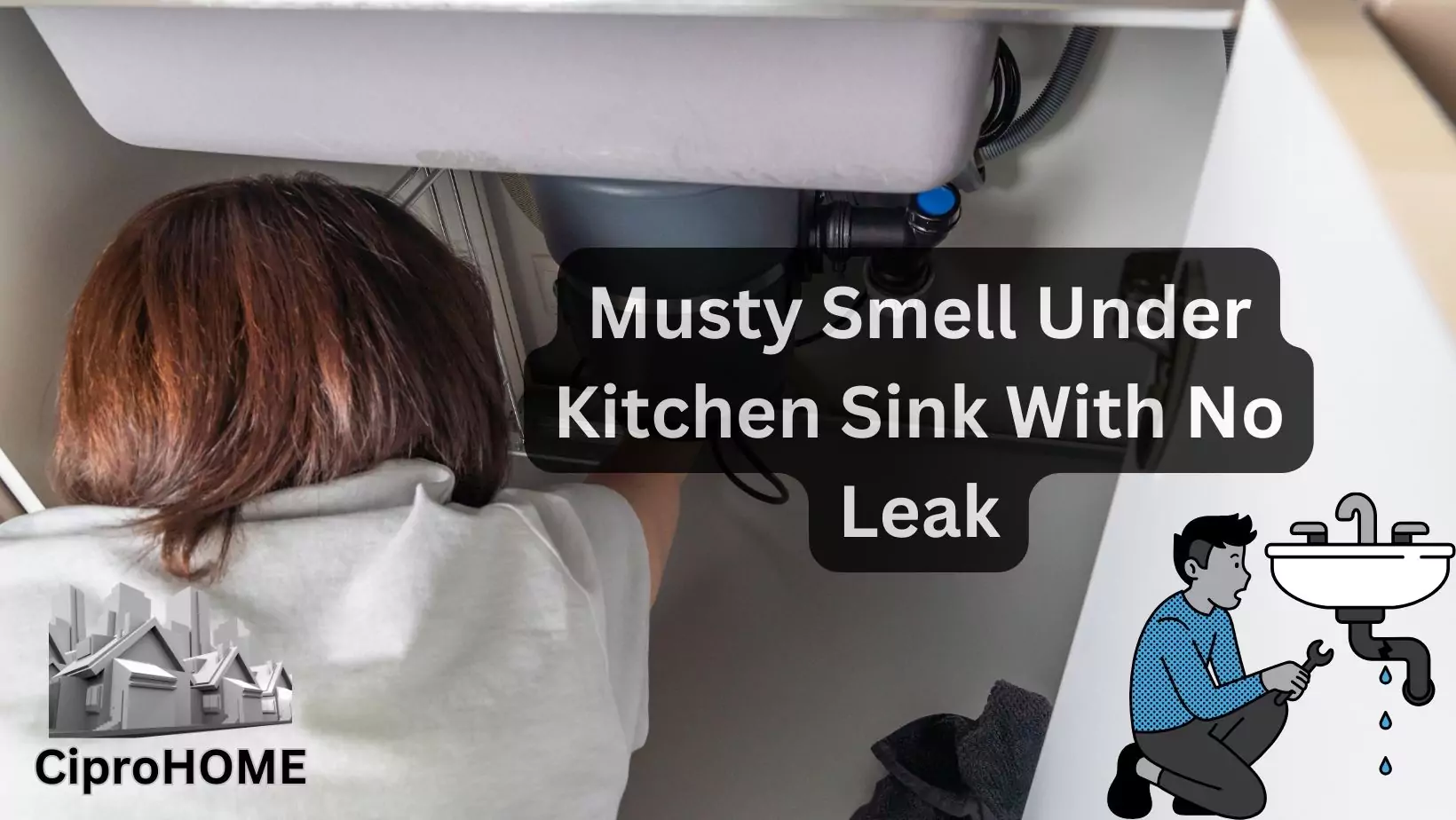

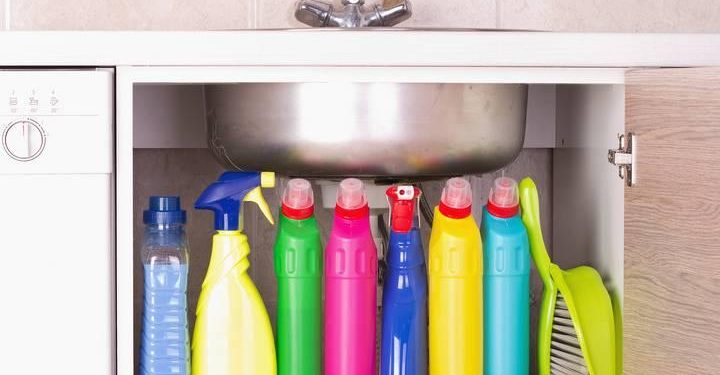





:max_bytes(150000):strip_icc()/how-to-clean-a-kitchen-sink-and-drain-01-5660035-a1d8afe3894346f9a579e66c55e64b7d.jpg)



